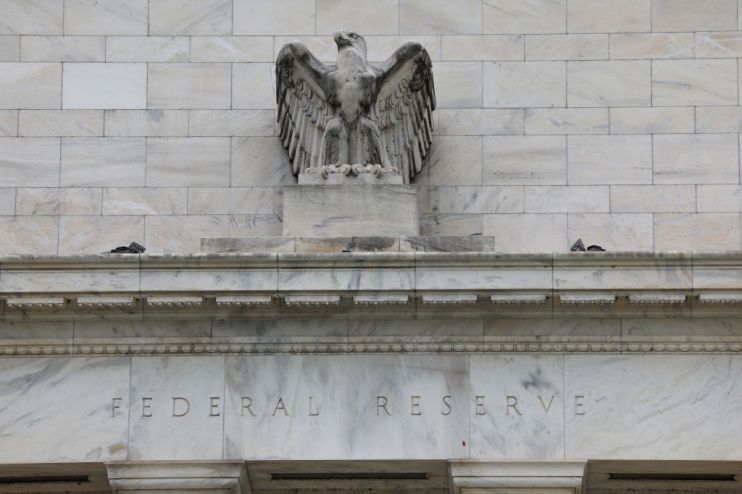Federal Reserve governor says inflation declines in coming months could warrant rate cuts

US Federal Reserve Governor Christopher Waller said on Tuesday he is “increasingly confident” the current setting of the central bank’s benchmark interest rate will prove adequate to lower inflation to the Fed’s two per cent target and nodded to possible rate cuts in a matter of months if progress on lowering inflation continues.
“Inflation rates are moving along pretty much like I thought,” Waller said during an event at the American Enterprise Institute. If progress continues “for several more months…three months, four months, five months… we could start lowering the policy rate just because inflation is lower”.
He continued: “It has nothing to do with trying to save the economy. It is consistent with every policy rule. There is no reason to say we will keep it really high.”
Waller’s prepared remarks and responses to questions contained the same caveats all Fed officials currently use in their public remarks, noting that “inflation is still too high, and it is too early to say whether the slowing we are seeing will be sustained”.
Additional rate increases remained a possibility if upcoming data includes an unexpected resurgence of price pressures, he said.
But his remarks also demonstrated growing comfort at the Fed that rates probably won’t need to move higher and that the economy can see inflation fall without a major blow to economic growth or jobs.
“As long as you don’t get any big shocks, I am reasonably confident that we can pull off this soft landing,” Waller said.
Part of that will be continuing to calibrate the benchmark policy rate against the rate of inflation, with continued declines in the pace of price increases warranting eventual rate cuts — a point other officials have made.
But Waller’s comments indicate that a clock is ticking, assuming that inflation continues to march down.
The US Federal Reserve governor said he now sees several reasons to believe that will be the case.
“I am increasingly confident that policy is currently well positioned to slow the economy and get inflation back to two per cent,” Waller said.
After a period when faster-than-expected US economic growth threatened to reverse a steady easing of inflation, Waller said, “I am encouraged by what we have learned in the past few weeks — something appears to be giving, and it’s the pace of the economy,” rather than the progress on inflation, which he said appears to be edging steadily lower.
The Fed at its last meeting held the benchmark interest rate steady in a range of 5.25 per cent to 5.5 per cent, and analysts with near certainty expect the same outcome at the next policy meeting on Dec. 12-13. Investors also expect the Fed to begin cutting rates in May.
New inflation data will be released on Thursday, and policymakers will also have fresh jobs and other data in hand before they gather.
But Waller ticked off a healthy list of recent data that have already moved in the Fed’s direction, with consumer prices flat in October, retail spending easing, and a slow easing in wage growth.
The job market does remain “fairly tight,” and bears watching, he said, while a recent drop in long-term market interest rates has tempered some of the credit tightening the Fed relies on to slow the economy.
But long-term interest rates “are still higher than they were before the middle of the year, and overall financial conditions are tighter, which should be putting downward pressure on household and business spending,” Waller said.
“All in all, it seems like output growth is moderating as I had hoped it would, supporting continued progress on inflation.”
Reporting by Howard Schneider and Ann Saphir; Editing by Andrea Ricci and Chizu Nomiyama for Reuters.
